#semyon bychkov
Text
Tristan und Isolde - Bayreuther Festspiele 26.08.2024
Tristan und Isolde - Bayreuther Festspiele 26.08.2024 #SemyonBychkov #ThorleifurÖrnArnarsson #Festspielsommer #sameprocedureaseveryyear #Review #operalover
Der beste Zeitpunkt für den Besuch der Bayreuther Festspiele sind die letzten Vorstellungen. Die Stadt ist dann nicht mehr so voll und man hat das Gefühl am grünen Hügel sind überwiegend Freaks und alteingesessene Wagnerianer aus der ganzen Welt. Bis auf ein paar kleine Veränderunen in den letzten Jahren, Jahrzehnten, ist hier die Zeit stehen geblieben und man hat hier immer das Gefühl einer…
#Andreas Schager#Bayreuther Festspiele 2024#Birger Radde#Camilla Nylund#Christa Mayer#Daniel Jenz#Günther Groissböck#Kritik#Lawson Anderson#Matthew Newlin#Olafur Sigurdason#Oper#Rezension#Richard Wagner#Saison 2024/2025#Semyon Bychkov#Thorleifur Örn Arnarsson#Tristan und Isolde#Vytautas Narbutas
0 notes
Text
Impressioni da Bayreuth 2024 - Tristan und Isolde
Foto ©Enrico Nawrath
Per quelli che hanno difficoltà a comprendere la lingua tedesca, QUI la mia recensione in italiano

View On WordPress
#bayreuth#camilla nylund#canto#christa mayer#critica#günther groissböck#klaus florian vogt#olafur sigurdalson#opera#semyon bychkov#thorleifur örn arnasson#tristan und isolde#wagner
0 notes
Note
as a brass player I'm soooooo surprised you don't love mahler 3!! it has me in a chokehold... to be fair though I haven't listened to shosty 11 yet so I haven't voted yet :)
actually i do love mahler 3! i just happen to love shostakovich 11 more. it is just one of those symphonies that i can't listen to without crying. perhaps if i listened to mahler 3 as much as i listen to mahler 2 it would also be on the list
#THANK YOU FOR MY THIRD ASK!#if you're looking for a good recording my favorite so far is semyon bychkov with the berliner phil#NICE TO MEET YOU#ask#also sorry for flooding your notes lol
4 notes
·
View notes
Video
youtube
Dvořák: Silent Woods, Op. 68/5, B.182 · Mischa Maisky ·
Orchestre de Paris · Semyon Bychkov
9 notes
·
View notes
Text
youtube
Lovely piece of music evoking nostalgic memories of loved ones. Anne-Sophie Mutter - Bach: Adagio from Violin Concerto in E - Semyon Bychkov/Vienna Philharmonic
43 notes
·
View notes
Text
youtube
Richard Strauss (1864-1949) : Daphne - Opera in 1 Act, Op. 82 - Mondlichtmusik ·
Renée Fleming ·
WDR Sinfonieorchester · Semyon Bychkov
3 notes
·
View notes
Text
Russian soldiers have shot dead a Ukrainian musician in his home after he refused to take part in a concert in occupied Kherson, according to the culture ministry in Kyiv.
Conductor Yuriy Kerpatenko declined to take part in a concert “intended by the occupiers to demonstrate the so-called ‘improvement of peaceful life’ in Kherson”, the ministry said in a statement on its Facebook page.
The concert on 1 October was intended to feature the Gileya chamber orchestra, of which Kerpatenko was the principal conductor, but he “categorically refused to cooperate with the occupants”, the statement said.
Kerpatenko, who was also the principal conductor of Kherson’s Mykola Kulish Music and Drama Theatre, had been posting defiant messages on his Facebook page until May.
The Kherson regional prosecutor’s office in Ukraine has launched a formal investigation “on the basis of violations of the laws and customs of war, combined with intentional murder”. Family members outside Kherson lost contact with the conductor in September, it said.
Condemnation by Ukrainian and international artists was swift. “The history of Russia imposing a ‘comply or die’ policy against artists is nothing new. It has a history which spans for hundred of years,” said the Finnish-Ukrainian conductor Dalia Stasevska, who was scheduled to conduct the Last Night of the Proms at London’s Albert Hall last month before it was cancelled because of the Queen’s death.
“I have seen too much silence from Russian colleagues,” she said. “Would this be the time for Russian musicians, especially those living and working abroad, to finally step up and take a stand against the Russian regime’s actions in Ukraine?”
A fortnight ago Stasevska drove a truck of humanitarian supplies into Lviv from her home in Finland, before conducting the INSO-Lviv orchestra in a concert of Ukrainian contemporary music.
“We know the Russian regime is hunting activists, journalists, artists, community leaders, and anyone ready to resist the occupation,” said the prizewinning Ukrainian novelist turned war crimes investigator Victoria Amelina.
“Yet, even knowing the current pattern and history, we cannot and, more importantly, shouldn’t get used to hearing about more brutal murders of a bright, talented, brave people whose only fault was being Ukrainian.”
She drew a parallel between Kerpatenko and Mykola Kulish, the Ukrainian playwright after whom the theatre where the conductor worked is named.
“Kulish was shot on 3 November 1937, near Sandarmokh, with 289 other Ukrainian writers, artists and intellectuals. Yuriy Kerpatenko was shot in his home in Kherson in October 2022,” she said.
The Russians’ actions were “pure genocide”, said the conductor Semyon Bychkov from Paris, where he was performing as music director of the Czech Philharmonic. The St Petersburg-born conductor left Russia as a young man in the 1970s.
“The tragic irony of this is that talk about the superiority of Russian culture, its humanism,” he said. “And here they murdered someone who is actually bringing beauty to people’s lives. It is sickening.
“The bullets don’t distinguish between people. It didn’t make me feel worse that this man was a conductor, it just confirmed the pure evil that’s been going on even before the first bombs fell on Ukraine.”
The novelist Andrey Kurkov, author of Death and the Penguin, said: ““Now the name of Yuriy Kerpatenko will be added to the list of murdered artists of Ukraine. I increasingly think that Russia is not only seeking to occupy Ukrainian territories, but also diligently destroying Ukrainian identity, an important part of which is Ukrainian culture.”
Ukrainian author Oleksandr Mykhed, who joined the military at the outbreak of the war, and whose home was destroyed by Russian shelling, said: “Russia is trying to reconstruct the Soviet Union in the occupied territories. To reconstruct something improbable.
“One of the key components of Soviet policy was the destruction of culture of the enslaved countries. Murder of cultural figures, purging of libraries, banning of national languages.
“The modern occupiers are fully following this strategy. Destroying culture, sports, education.
“And when our territories are deoccupied, we will learn about dozens and hundreds of such terrible stories. Stories of destruction and heroic resistance.”
“It is absolutely terrifying,” said chief stage director of Kyiv’s National Opera of Ukraine, Anatoliy Solovianenko. “Whether he was a doctor, or a worker, or an artist, it makes no difference. He was a human, and he refused to comply.”
8 notes
·
View notes
Text
SUMMER NIGHT CONCERT 2024

SUMMER NIGHT CONCERT 2024: FILARMÓNICA DE VIENA, ANDRIS NELSONS Y LISE DAVIDSEN
Sony Classical se complace en anunciar el Summer Night Concert 2024 con la Filarmónica de Viena, dirigida por Andris Nelsons ycon la soprano Lise Davidsen. Este concierto único estará disponible en CD, DVD, Blu-ray y formato digital el 12 de julio.
Resérvalo AQUÍ
El Summer Night Concert se llevó a cabo el 7 de junio. Se trata de un evento anual al aire libre, que se celebra desde 2004 en el mágico marco del Palacio de Schönbrunn, en Viena (Austria). Los ilustres directores que han dirigido anteriormente la orquesta en este evento son Georges Prêtre, Daniel Barenboim, Franz Welser-Möst, Lorin Maazel, Christoph Eschenbach, Zubin Mehta, Semyon Bychkov, Gustavo Dudamel, Daniel Harding, Yannick Nézet-Séguin y Andris Nelsons.
Gracias a su entorno, declarado Patrimonio de la Humanidad por la UNESCO, en el parque barroco de Schönbrunn con el palacio como telón de fondo, el Concierto Nocturno de Verano añade a su magnífica calidad musical un gran encanto visual. La idea de poner la música clásica en su máxima expresión al alcance de todo el mundo y hacer así un regalo a todos los amantes de la música sigue caracterizando el evento hoy en día. Millones de espectadores y oyentes de más de 80 países pueden seguir el concierto por Internet, televisión y radio.
El programa de este año se centró en obras populares de los siglos XIX y XX procedentes del rico patrimonio musical europeo. Bedřich Smetana, uno de los compositores checos más importantes, fue homenajeado con tres obras con motivo del 200º aniversario de su nacimiento. Andris Nelsons dirigió el concierto por segunda vez, mientras que la cantante noruega de ópera y lieder Lise Davidsen debutaba con la orquesta. Cantó dos arias: de Tannhäuser, de Richard Wagner, y de La forza del destino, de Giuseppe Verdi.
La soprano noruega Lise Davidsen irrumpió en la escena internacional en 2015 al ganar múltiples premios en los concursos Operalia, Queen Sonja y Hans Gabor Belvedere. A estos les siguieron rápidamente debuts triunfales en la Metropolitan Opera, la Royal Opera House de Covent Garden, el Teatro alla Scala de Milán, la Bayerische Staatsoper, la Wiener Staatsoper y los Festivales de Aix-en-Provence y Glyndebourne. En verano de 2021 apareció en dos producciones del Festival de Bayreuth (Elisabeth en Tannhäuser y Sieglinde en Die Walküre). Ese mismo año fue galardonada como Cantante Femenina del Año por los Premios Internacionales de la Ópera. Recitalista y concertista habitual, Davidsen ha realizado giras con muchas de las principales orquestas y directores del mundo. En marzo de este año, Lise Davidsen hizo su aclamado debut en la Ópera Metropolitana como Leonora en La forza del destino.
Andris Nelsons es director musical de la Orquesta Sinfónica de Boston y Gewandhauskapellmeister en Leipzig. Estos dos cargos, además de liderar una alianza pionera entre ambas instituciones, han consolidado firmemente a Nelsons, ganador de un premio Grammy, como uno de los directores más renombrados e innovadores de la escena internacional actual, con compromisos con las orquestas y teatros de ópera más importantes del mundo. Nacido en Riga en 1978 en el seno de una familia de músicos, Andris Nelsons comenzó su carrera como trompetista en la Orquesta de la Ópera Nacional de Letonia mientras estudiaba dirección de orquesta. Fue director musical de la Orquesta Sinfónica de la Ciudad de Birmingham de 2008 a 2015, director principal de la Nordwestdeutsche Philharmonie de Herford (Alemania) de 2006 a 2009 y director musical de la Ópera Nacional de Letonia de 2003 a 2007. En 2020, Nelsons fue también el célebre director del legendario Concierto de Año Nuevo de la Filarmónica de Viena.
La antigua tradición de 182 años de la Filarmónica de Viena se remonta a 1842, cuando Otto Nicolai dirigió un Gran Concierto con todos los miembros del imperial "Hof-Operntheater". Este evento se llamó originalmente "Academia Filarmónica" y se considera el origen de la orquesta. Desde su fundación, la orquesta ha sido gestionada por el comité administrativo -un órgano elegido democráticamente- y trabaja con autonomía artística, organizativa y financiera. Todas las decisiones se toman de forma democrática durante la asamblea general de todos los miembros.
Programa
1 RICHARD WAGNER Die Walküre: Der Walkürenritt
2 RICHARD WAGNER Tannhäuser: “Dich, teure Halle, grüß ich wieder”
3 BEDŘICH SMETANA The Moldau
4 BEDŘICH SMETANA The Two Widows: Polka
5 BEDŘICH SMETANA La novia vendida: Baile de los comediantes
6–7 GIUSEPPE VERDI La forza del destino: Obertura – “Pace, pace, mio Dio!”
8 AUGUSTA HOLMÈS La Nuit et l’Amour
9 ARAM KHACHATURIAN Sabre Dance
10 DMITRI SHOSTAKOVICH Suite para orquesta de variedades: Waltz No. 2
Website Vienna Philharmonic
Facebook Vienna Philharmonic
Instagram Vienna Philharmonic
Youtube Vienna Philharmonic
Website Andris Nelsons
Facebook Andris Nelsons
Instagram Andris Nelsons
Twitter Andris Nelsons
Website Lise Davidsen
Instagram Lise Davidsen
Facebook Lise Davidsen
0 notes
Text
Bayreuther Festspiele 2024 - Triatan und Isolde
Foto ©Enrico Nawrath
Die zweite Aufführung, die ich während meines Aufenthaltes in Bayreuth gesehen habe, war die Neuinszenierung von Tristan und Isolde,
Continue reading Bayreuther Festspiele 2024 – Triatan und Isolde

View On WordPress
#andreas schager#bayreuth#camilla nylund#canto#christa mayer#critica#günther groissböck#olafur sigurdalson#opera#semyon bychkov#teatro#thorleifur örn arnasson#tristan und isolde#wagner
0 notes
Text
Veja "Mahler: Symphony No. 9 | Semyon Bychkov and the Czech Philharmonic" no YouTube
youtube
1 note
·
View note
Text
0 notes
Video
youtube
York Höller, Der ewige Tag. Textos de Georg Heym.
Semyon Bychkov, director
2 notes
·
View notes
Video
youtube
4 notes
·
View notes
Photo
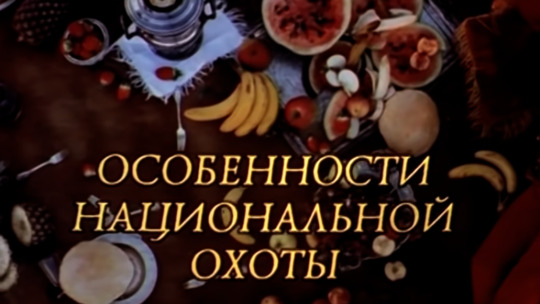
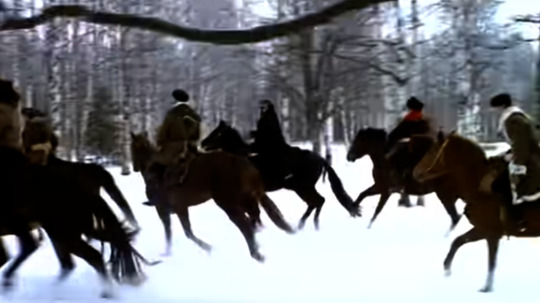
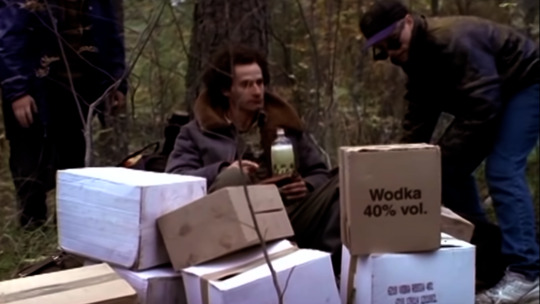
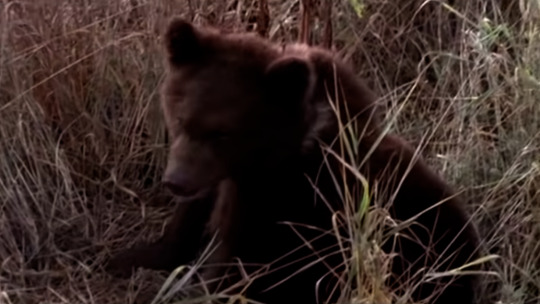
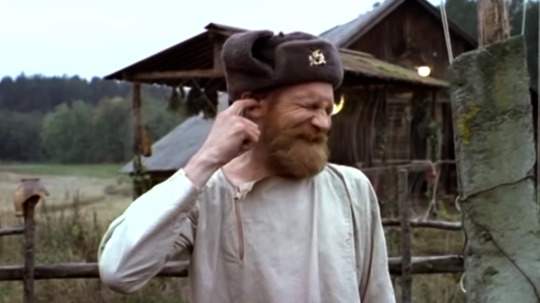
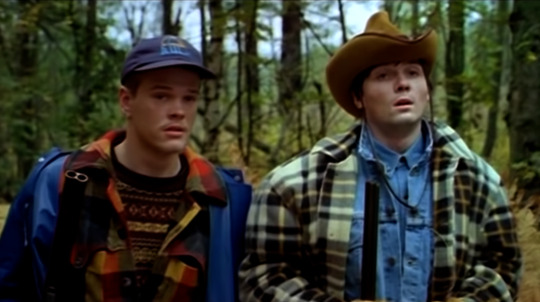
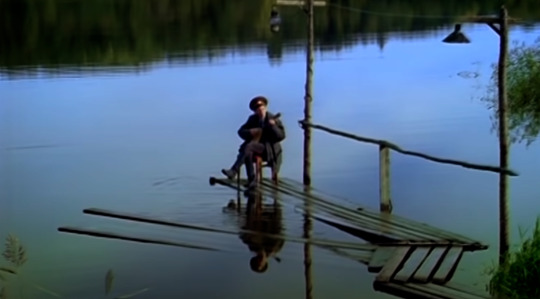
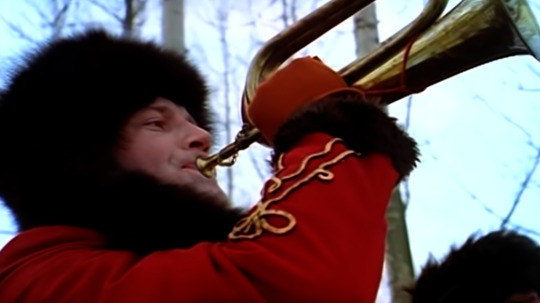
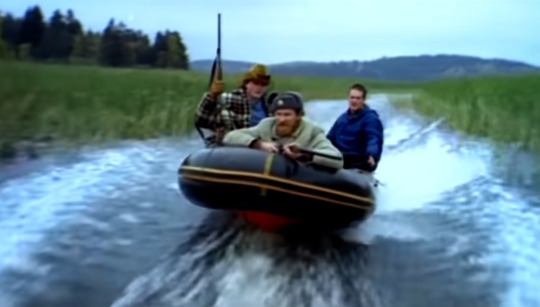
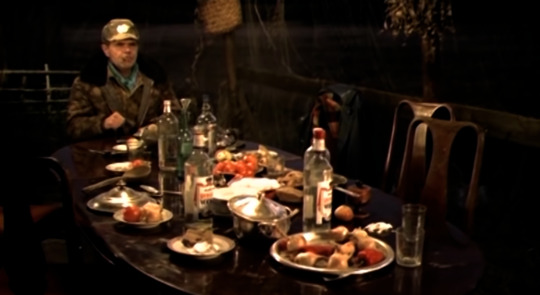
Peculiarities of the National Hunt (1995)
#peculiarities of the national hunt#aleksandr rogozhkin#aleksei buldakov#ville happasalo#viktor bychkov#semyon strugachyov#talks
10 notes
·
View notes
Text
youtube
Max Bruch (1838-1920) : Concerto for 2 Pianos and Orchestra, Op. 88a -
3. Adagio ma non troppo ·
Katia Labèque · Marielle Labèque · Philharmonia Orchestra · Semyon Bychkov
2 notes
·
View notes
Text
(not to brag but i literally am seeing mozart’s 3rd violinconcert and tchaikovsky’s 2nd symphony this thursday)
7 notes
·
View notes